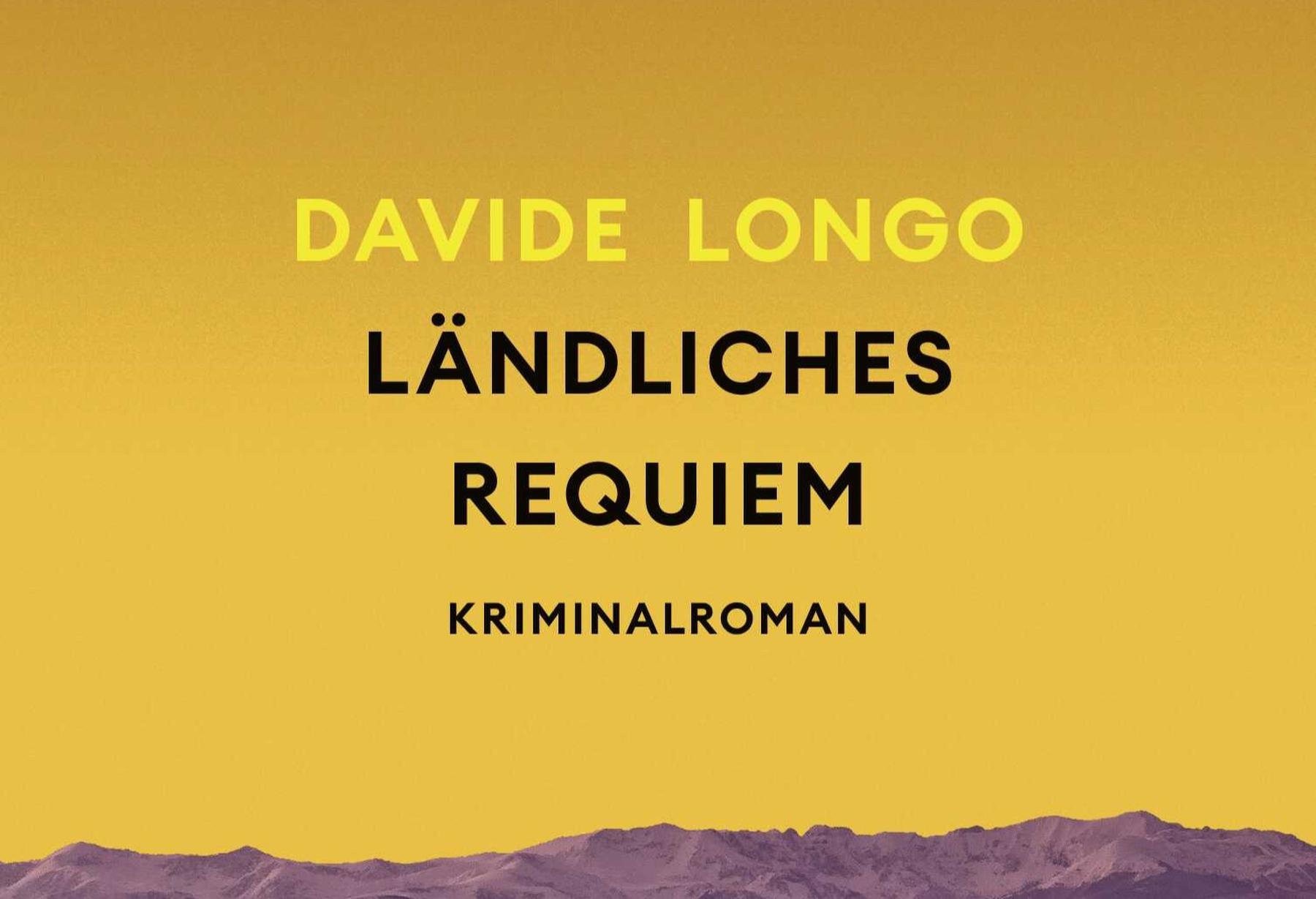Researchers boycott Israel – « This is not activism »

Teachers and researchers at Uppsala University have started a call against Swedish universities collaborating with Israeli state universities.
They believe that it makes them « complicated to serious human rights crimes, including illegal occupation and apartheid » in Gaza and on the West Bank.
On Wednesday, they had received more than 600 signatures. When DN talked to Petter Hellström on Wednesday, one of the initiators who researches the Department of Idea History, new signatures were constantly created.
– These are not students, but about employees who are largely teachers and research staff. More than 80 of those who have signed are professors, says Petter Hellström.
For several years, there have been pressure for the management of Swedish universities to cancel their collaborations with state Israeli universities. But they have not listened and it is now the background to the call called The Uppsala Declaration of Conscientious Objectionaccording to Petter Hellström.
DN has taken note of all the names published on Thursday morning.
– There are people who can no longer cooperate with the Israeli state as it acts now for conscience reasons, says Petter Hellström.
This means that they will no longer contribute to formal collaborations, such as research exchanges.

– Uppsala University has formal agreements with the state university in Tel Aviv and the Hebrew University of Jerusalem, for example by sending or receiving students, or having research projects together. This is what we will no longer contribute to, says Petter Hellström.
– There are two state universities that are deeply involved in what is happening in Gaza and on the West Bank.
How can you do not to be part of these collaborations?
– It depends on who you ask from us who signed on the list which is very wide. But the principle is that we will not be part of any projects where Israeli universities are included, says Petter Hellström.
It is not about boycotting individuals, but institutions and exchange programs, for example by not participating in conferences or other types of academic events, according to Petter Hellström.
– When it comes to state Russian universities, the Swedish universities broke the contacts. However, every employee researcher must take a stand for Israeli state universities themselves: can I live with this?

That is why the word conscience is in the name of the call: Conscientious.
The question of academic freedom and the term « woke » has sailed and become hot in the Swedish debate, not least since Donald Trump ended up in conflict with Harvard.
There is criticism of a politicization at the universities, that you should devote yourself to research and not this type of political activism?
– The problem with that way of reasoning is that we are a researcher. With the contact network we have, and the knowledge it entails, we know far too much to pretend that everything is as usual.
With knowledge comes Also a responsibility, he says.
– I do not see this as activism, but as a matter of conscience. We cannot just read and discuss and not draw any conclusions from what we take part in.
– If the management of the universities had only followed their own guidelines – respected international law, done as with the Russian universities and cut the collaboration – then we would have escaped to devote ourselves to this, says Petter Hellström.

Uppsala University has did not respond orally to DN’s questions. But Coco Norén, who is the proctor at the university, writes in an email response to DN that it is not relevant to break collaborations with Israeli universities:
« What happens in Gaza is absolutely terrible. Uppsala University condemns the violence, but we do not believe that a scientific boycott contributes to stopping the war, » writes Coco Norén.
The fact that Swedish universities have broken their collaborations with Russian universities is because « the situation was partly different, » she writes. « It was a government decision and as an authority we followed it and ended the institutional cooperation ».
Coco Norén expresses itself positively to the research uprising and thinks that « it is good with students and employees’ involvement in social issues both nationally and internationally ».
« This is something that we as a university encourage. At a university, different opinions must be and can be met in a factual and open debate, » writes Coco Norén.








